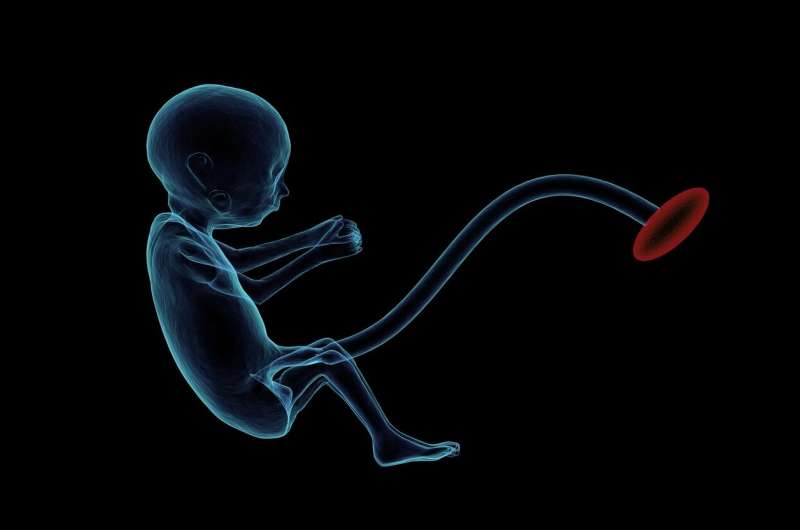Spina bifida research shows surprising improvement in independent living

A unique study of spina bifida patients found that while mobility tended to decline in later life, surviving adults were more likely to live independently.
In a study of 117 cases of spina bifida with 99% 50-year follow up, the percentage who could walk more than 50 metres dropped from around half at 9 years of age to a quarter at 50 years of age.
However, the percentage of survivors who were able to live independently improved, mainly due to those less disabled surviving longer. Living independently was more likely in those who had never had symptoms of raised intracranial pressure.
In spina bifida, the neural tube which develops into a foetus's spinal cord does not develop properly. The severity of the symptoms is related to the nerve deficit in terms of sensory level with those who are numb up to the waist faring worst. This can lead to bladder and bowel problems, hydrocephalus, learning difficulties and paralysis.
The research was led by Professor Pippa Oakeshott at St George's, University of London, who said:
"Altogether, nearly half of those who survived to age 25 years and beyond lived independently at some point. The 14% increase in those living independently between the ages of 25 and 30 years could be related to the 1990s policy of 'care in the community', encouraging disabled people to live at home with visiting support. It could also be that increasing use of the internet and mobile phones has made it easier to live independently."
The study underlined, however, that patients with spina bifida are at high risk of sudden, unexpected death. Nearly half of those in the cohort who died after the age of five years died suddenly, from causes including epilepsy, acute hydrocephalus, pulmonary embolus or acute renal sepsis.
Dr. Oakeshott added: "There is strong evidence that suggests the risk of spina bifida can be reduced by taking folic acid before conception but not all women do this. We hope the Government will speed up efforts to ensure bread and flour are fortified with folic acid."
More information: Walking and living independently with spina bifida: a 50-year prospective cohort study. Developmental Medicine and Child Neurology. DOI: 10.1111/dmcn.14168











